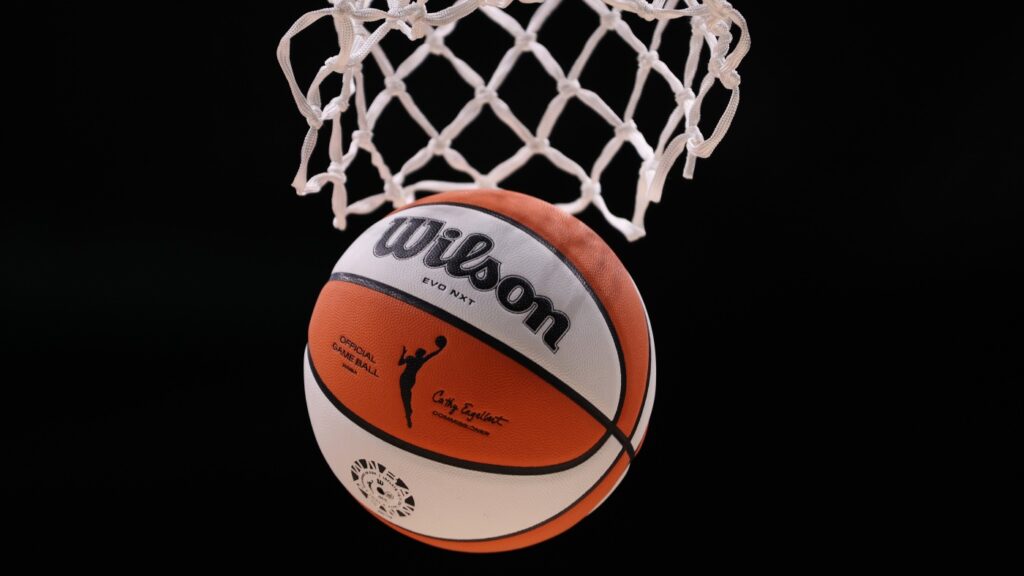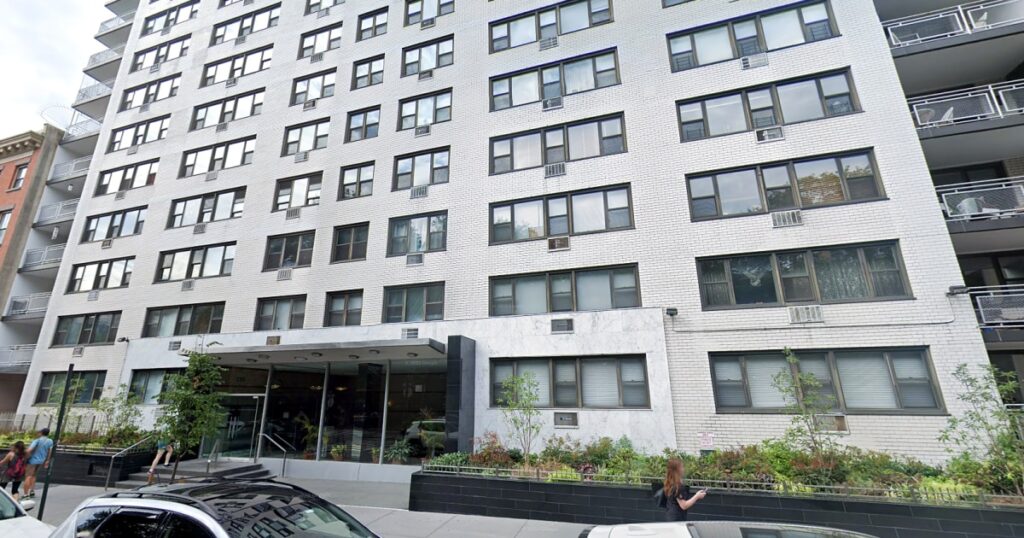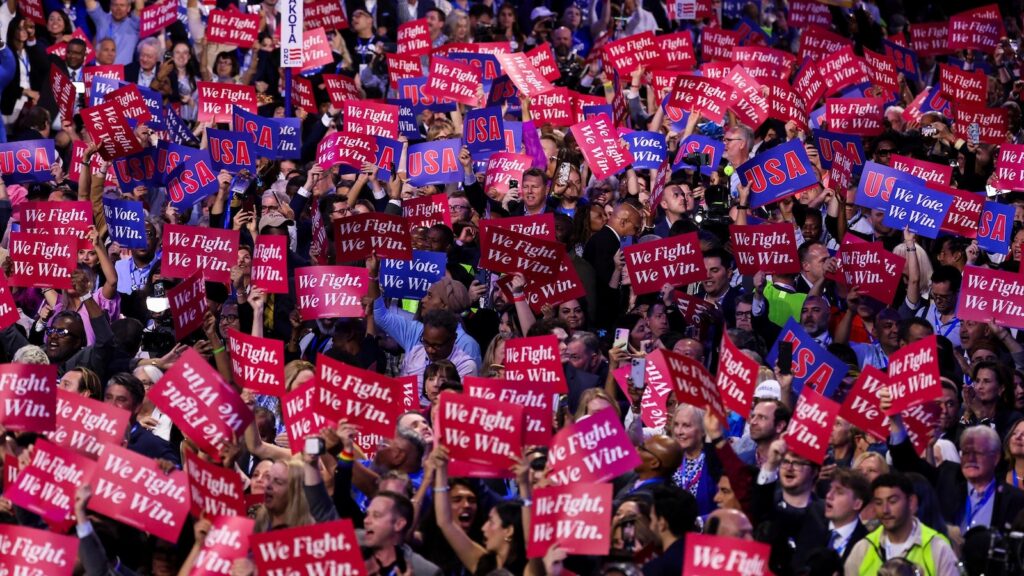
The WNBA Players Association has opted out of its contract with the WNBA. The players want to secure a better deal following the dynamic 2024 season which saw record attendance and viewership.
Steph Chambers/Getty Images
hide caption
toggle caption
Steph Chambers/Getty Images
WASHINGTON — The WNBA players’ union has opted out of its collective bargaining agreement, a historic move aimed at securing higher salaries for players amid a record-breaking year for women’s basketball.
Dramatic increases in attendance and ratings buoyed the WNBA to new heights in 2024, from the arrival of a star-studded rookie class through last week’s five-game Finals between the New York Liberty and Minnesota Lynx that drew an average of more than a million TV viewers.
The league has embarked on an ambitious expansion plan to build on this year’s success, with a 13th team set to debut next season followed by two more in 2026. A new media rights agreement reached this summer has multiplied the league’s TV revenue for years to come.
But salaries have yet to reflect that success, union leaders say. The current union agreement provides for a rookie minimum salary of $64,154 to a veteran supermax of $241,984. Many players spend the WNBA offseason playing in international leagues to supplement their income.
“If we stay in the current agreement, we fall behind,” said Seattle Storm forward Nneka Ogwumike, the president of the WNBPA and a nine-time All-Star.
“Opting out isn’t just about bigger paychecks—it’s about claiming our rightful share of the business we’ve built, improving working conditions, and securing a future where the success we create benefits today’s players and the generations to come,” she said in a press release announcing the decision.
The opt-out allows for the current agreement to remain in place through the 2025 season. If the league and players are unable to reach a new deal within a year, a work stoppage could begin after next year’s season comes to a close.

Jonquel Jones #35 of the New York Liberty and Kayla McBride #21 of the Minnesota Lynx tip off to start Game Five of the WNBA Finals on Sunday. The Liberty defeated Minnesota in overtime to win the championship. Now the league’s Players Association has opted out of its contract to secure higher pay.
Elsa/Getty Images
hide caption
toggle caption
Elsa/Getty Images
“With the historic 2024 WNBA season now in the books, we look forward to working together with the players and the WNBPA on a new CBA that is fair for all and lays the foundation for growth and success for years to come,” said WNBA Commissioner Cathy Engelbert in a brief statement.
The union said it would also pursue improvements to other benefits, including “minimum professional standards” for team facilities and travel, an expansion of the league’s retirement plan and greater family planning support.
“We realize the true value of the players, and we no longer want to be put in a position of having to choose between better pay and other improvements like travel or facilities,” said Satou Sabally, a Dallas Wings forward who serves as co-chair in the union’s CBA committee.
The 2024 season marked the first year the league provided charter travel for most teams.
The WNBA’s media rights deal is negotiated as a package with the NBA. Collectively, the 11-year agreement reached in July is worth $76 billion. Of that total, 3% — or about $200 million per year — is reserved for the WNBA. The rights deal allows that percentage to be revisited in three years should the WNBA’s popularity continue to grow.






